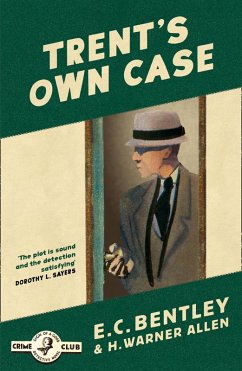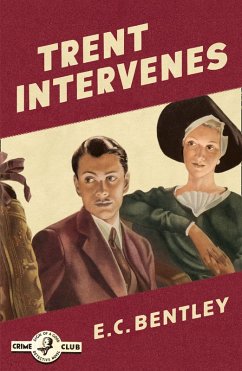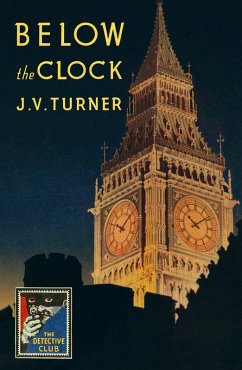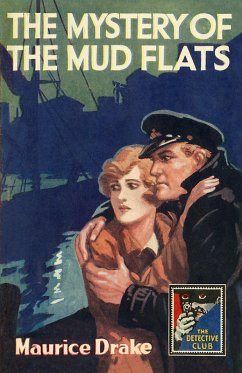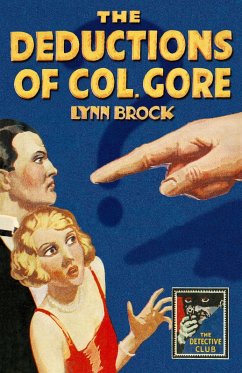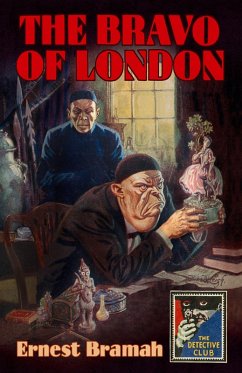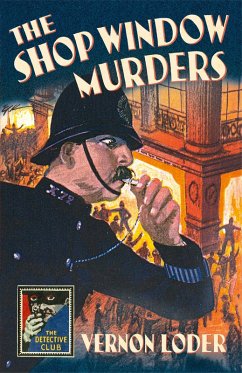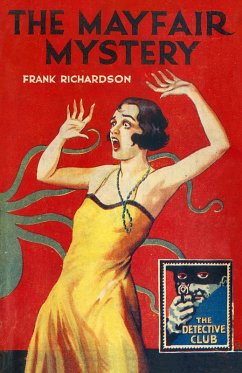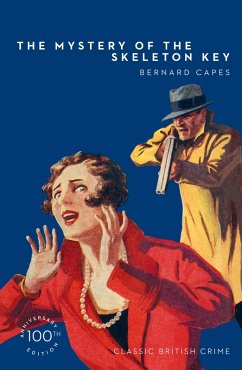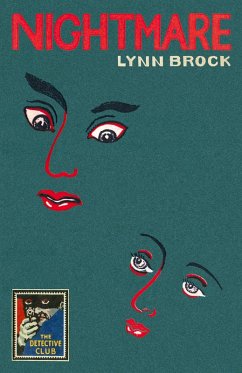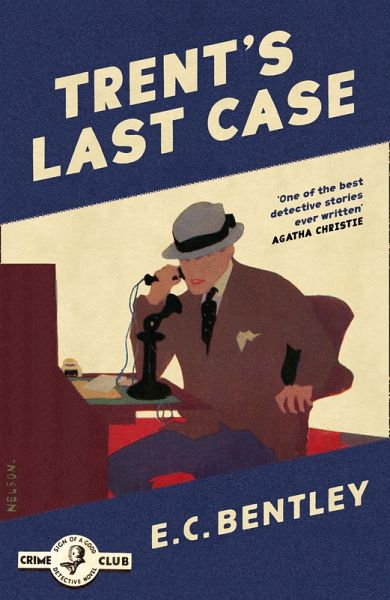
Trent's Last Case (eBook, ePUB)

PAYBACK Punkte
0 °P sammeln!
Written in reaction to what Bentley perceived as the sterility and artificiality of the detective fiction of his day, Trent's Last Case features Philip Trent, an all-too-human detective who not only falls in love with the chief suspect but reaches a brilliant conclusion that is totally wrong.Trent's Last Case begins when millionaire American financier Sigsbee Manderson is murdered while on holiday in England. A London newspaper sends Trent to investigate, and he is soon matching wits with Scotland Yard's Inspector Murth as they probe ever deeper in search of a solution to a mystery filled with...
Written in reaction to what Bentley perceived as the sterility and artificiality of the detective fiction of his day, Trent's Last Case features Philip Trent, an all-too-human detective who not only falls in love with the chief suspect but reaches a brilliant conclusion that is totally wrong.
Trent's Last Case begins when millionaire American financier Sigsbee Manderson is murdered while on holiday in England. A London newspaper sends Trent to investigate, and he is soon matching wits with Scotland Yard's Inspector Murth as they probe ever deeper in search of a solution to a mystery filled with odd, mysterious twists and turns.
Called by Agatha Christie "one of the best detective stories ever written," Trent's Last Case delights with its flesh-and-blood characters, its naturalness and easy humor, and its style, which, as Dorothy Sayers has noted, "ranges from a vividly coloured rhetoric to a delicate and ironical literary fancy."
Trent's Last Case begins when millionaire American financier Sigsbee Manderson is murdered while on holiday in England. A London newspaper sends Trent to investigate, and he is soon matching wits with Scotland Yard's Inspector Murth as they probe ever deeper in search of a solution to a mystery filled with odd, mysterious twists and turns.
Called by Agatha Christie "one of the best detective stories ever written," Trent's Last Case delights with its flesh-and-blood characters, its naturalness and easy humor, and its style, which, as Dorothy Sayers has noted, "ranges from a vividly coloured rhetoric to a delicate and ironical literary fancy."
Dieser Download kann aus rechtlichen Gründen nur mit Rechnungsadresse in A, B, BG, CY, CZ, D, DK, EW, E, FIN, F, GR, HR, H, IRL, I, LT, L, LR, M, NL, PL, P, R, S, SLO, SK ausgeliefert werden.




